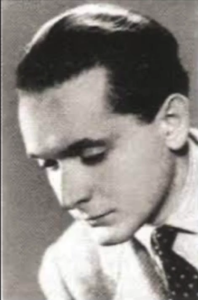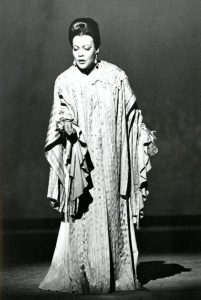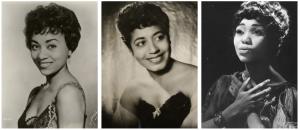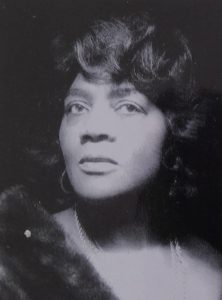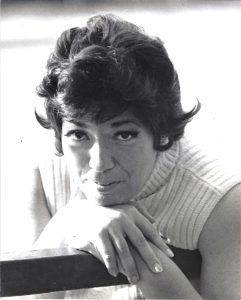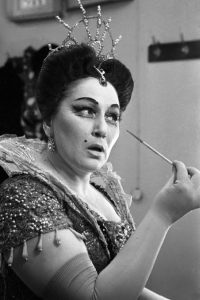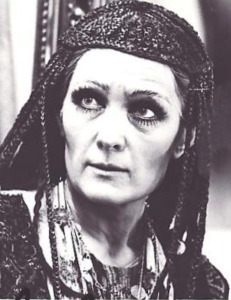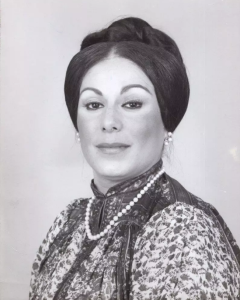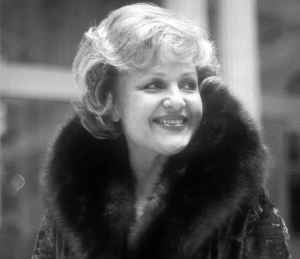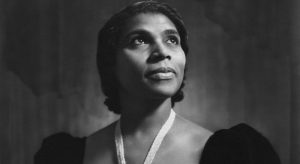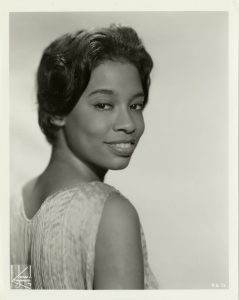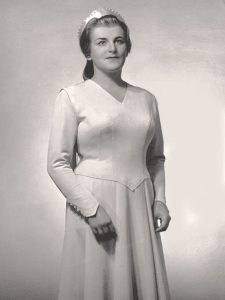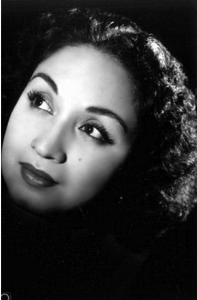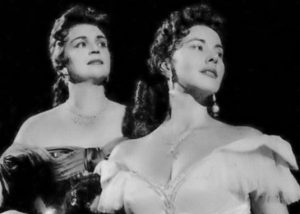Podcast: Play in new window | Download (Duration: 1:40:50 — 138.5MB) | Embed
Subscribe: Spotify | TuneIn | RSS | More
For the final episode of 2025, and of Season Six of the podcast, I present pure frothy escapism from the delectable Mady Mesplé, the finest French coloratura of her generation. My original intention was to feature her exclusively in operetta repertoire, and I’ve stuck to that. But as I began to compile a setlist I realized that there was a subset of her recordings of this repertoire that presented her at her absolute finest: Viennese operetta, as translated into French. From her earliest recordings, operetta was central to her recorded canon, and from 1969 through 1980, she made a choice selection of complete recordings of operetta in French for the Pathé label. Throughout her recorded legacy, there are selections from works such as La veuve joyeuse, (Die lustige Witwe) Trois valses (Drei Walzer), Le pays du sourire (Das Land des Lächelns), Sang viennois (Wiener Blut) and others, which made such a smooth transition into French that they often sounded as if they were could originally have been set in that language. In addition, in the year 1971, Mesplé made a high-flying recording of Johann Strauss waltzes set to French texts that represents her at her vocal zenith. From all of these aforementioned sources, as well as from a 1980 recording of operetta arias with conductor Pierre Dervaux, come the selections for this episode. And for those who would like some Viennese operetta in its original language, the episode begins with the creator records from Franz Lehár’s final original operetta Giuditta, as recorded by Richard Tauber and Jarmila Novotná with Lehár himself conducting the Wiener Philharmoniker. In whichever language you choose, let us waltz our way out of this horrific year into a more humane and livable 2026!
Countermelody is the podcast devoted to the glory and the power of the human voice raised in song. Singer and vocal aficionado Daniel Gundlach explores great singers of the past and present focusing in particular on those who are less well-remembered today than they should be. Daniel’s lifetime in music as a professional countertenor, pianist, vocal coach, voice teacher, and author yields an exciting array of anecdotes, impressions, and “inside stories.” At Countermelody’s core is the celebration of great singers of all stripes, their instruments, and the connection they make to the words they sing. By clicking on the following link (https://linktr.ee/CountermelodyPodcast) you can find the dedicated Countermelody website which contains additional content including artist photos and episode setlists. The link will also take you to Countermelody’s Patreon page, where you can pledge your monthly or yearly support at whatever level you can afford.




